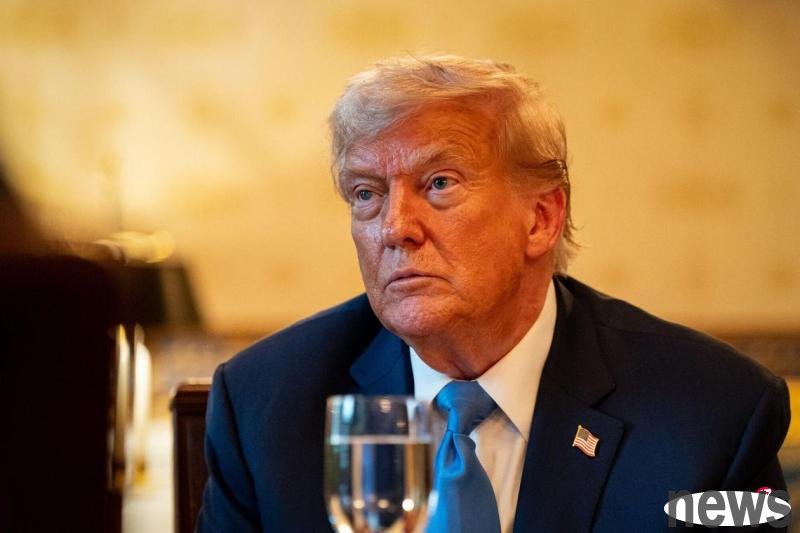
After Trump set tariff rates for 14 countries, he said that negotiations were open, which caused emerging market currencies to rebound slightly on Tuesday (July 8), partially recovering their previous declines.
Charles Schwab's chief fixed income strategist said that the current uncertainty in the U.S. trade policy, economic outlook, and inflation may delay interest rate cuts from September to December, or even next year.
The Korean won rebounded about 0.6%, regaining some of the declines. South Korea's KOSPI index rose about 1.5%, leading the regional stock market. The Thai baht rebounded to flat levels, while the South African rand also rose slightly. The decline of the MSCI emerging market currency index narrowed to 0.5%.
The Bloomberg dollar spot index hit its biggest three-week gain after the announcement, indicating that investors believe the U.S. economy can withstand the shock of trade disputes. However, IG market strategist Tony Sycamore said that the market is still dominated by news and the future trend will depend on Trump's next statement.But Trump then emphasized that the tariffs were "firm but not 100%", and the market speculated that negotiation space still existed.
The tariff measures will come into effect on August 1, and Trump also threatens to impose an additional 10% tariff on any country that holds "anti-US policies", with a maximum tax rate of 70%.
Trump announced on Monday (July 7) that he imposed 25% to 40% tariffs on goods in multiple countries including Japan, South Korea, Laos and Myanmar. This news caused volatility in the money market. The yen once depreciated by 1.2% to a two-week low, with 146.24 yen against 1 dollar, and the won fell 1.1%. Brazilian real, Indian rupee and Chinese offshore renminbi also fell under pressure.
